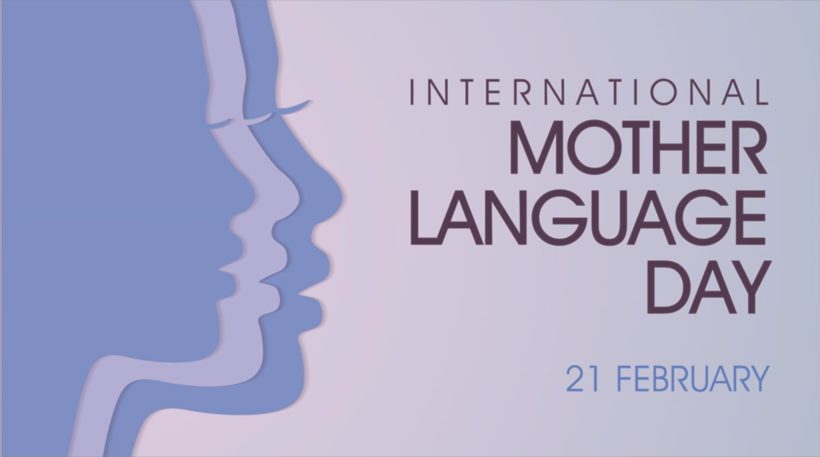Sheatwork observes that on World Mother Language Day (21 February, 2021) that rural women are key agents for steering through the transformational economic, environmental and social changes required for sustainable development – and it starts with education
Educating women in the rural areas can be a solution to empowering them. This becomes most important as we observe World Mother Language Day on 21 February 2021.Tracking back, on International Day of Rural Women on October 13, 2020 it was pointed out that rural women lead solutions and solidarity in the wake of COVID-19.
Rural women are key agents for steering through the transformational economic, environmental and social changes required for sustainable development. But, the reality is quite worrisome, because there are alarming problems that assail them – like limited access to credit, health care and education. These challenges they face, are further aggravated by the global food and economic crises and climate change. So, empowering them is critical, not only for the well-being of individuals, families and rural communities, but also for the overall economic productivity of the country (given women’s substantial presence in the agricultural workforce worldwide).
The bright light is that women living in rural India, employed in both skilled and unskilled labour, have managed to assert their rights and demands through various platforms. They have effectively used environmental concerns, socio-economic advancement, and digital platforms to seek credibility, independence, and competitiveness in their community.
The empowerment and development of women is indeed, a complicated task. Now the question is – how can rural women be sustainably empowered?
Adult education & training
One of the vital areas is – investing and building the capacities of rural women. This will improve their business, social, economic and financial skills. Capacity-building and adult-training range from providing adult education, life, and social skills training too. Adult education and training (education entrepreneurship) can be channeled to help rural women to be empowered. One of the greatest barriers to the sustainable development of women is their lack of access to quality adult education and training.
In education, it is preferable that mother tongue-based multilingual education be the chosen route – for rural women empowerment. And, here it is quite logical, to include educating for children too, at the beginning stage of their lives, which actually lay the foundation.
Mother tongue must be the medium of instruction – to preserve India’s cultural diversity & heritage
Importantly, the mother tongue lays a strong foundation for the expression of creativity. It goes without saying that every effort must be sourced to nurture creativity at the formative stage.
We know very well and acknowledge with pride that India is a linguistic treasure-trove – a nation widely acknowledged for its extraordinary linguistic and cultural diversity. The plurality and co-existence of multiple languages add colour, vitality and vibrance to our country, making it unique.
So, eventually, when women have access to quality holistic personal, emotional and entrepreneurial development training opportunities, they will be empowered to speak for themselves. Taking on full accountability, they will rise and become voices of positive change and advocacy for equality, justice, and progress – not only in their own country, but the world at large.










